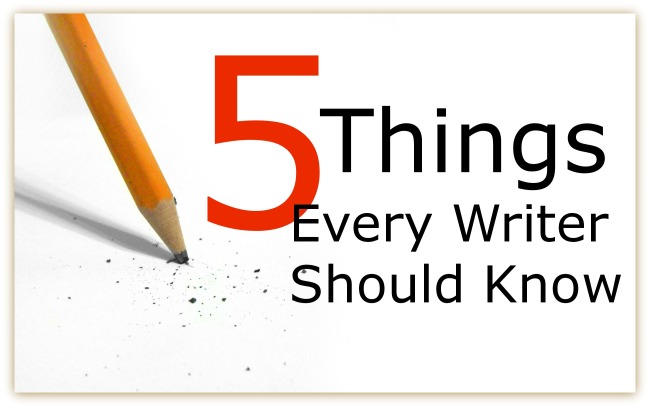First of all, I want to thank Chandra for the opportunity to appear as a a guest on her blog. Her invitation happened to coincide with a time when I, personally was really looking at the process of writing and more specifically, the process by which I write.
Earlier this year Constructed of Magic was published. I wrote this book in an aesthetic frenzy and had not looked back until now at the process by which I write. I was asked about this and got to looking at it. I saw some things that I think may be of value to others.
I have a place where I write. It is at a lovely desk from India that my son got me for my birthday years ago.Everything is there in the desk: pens, notebooks, 9 dictionaries, laptop, printer and favorite books within reach. I keep a pen and notebook accessible at all times, on the desk when I am home and in my shoulder bag when I am away.
This is what occurs. I will have a thought. It may be engendered by something I heard, an image I saw, something I read, music I heard or it may come out of the “clear blue”. Regardless of from where it came, I write it down immediately. This is important. In my personal experience these thoughts are like shooting stars. They appear for a moment and then they are gone. So I get them down! There may be one word or a phrase, or a line from a poem, or a stanza, or an entire poem or a concept for an entire book. No matter what, I get it all written down. Sometimes it takes five minutes, sometimes I’ll keep going for hours developing that original thought.
I want to give an example from Constructed of Magic. The first poem in the book is called, Some Things I Want to Show You. This is the sequence. I had the thought, “…the things I left behind…”It was in the middle of the night. I wrote it down in my notebook which was at my bedside. Now, I was wide awake and at my desk. These five words were on the page. Then, a character came to mind fully formed. He was 85 years old. He was a Classical Composer and a poet. He was a man possessed with a terrific grace and kindness. He was grappling with the subject of death and immortality. Below is an excerpt from the beginning of the poem. I think the development will be visible.
A lovely man died yesterday.
He was at his piano
Working in his usual way
He’d been composing
At a fevered pace
And writing reams of poetry
Unrestrained in single space.
He was just nearing
Four score and five,
But one hundred percent there
And intensely alive.
He kept telling me
He had something to say,
But we never got a moment
And now he’s gone away.
He wrote me a note
A couple of days ago:
“Some things I want to show you
That gave me peace of mind.
You will surely find them
In the things I left behind.”
I hope you will find this data of use. I wish you great inspiration in all your aesthetic endeavors.
Best, Louis Swartz
Constructed of Magic: And Other Poems on the Immortality of the Human Spirit




 smoking cigarettes while they crank out the next great American novel.
smoking cigarettes while they crank out the next great American novel.
 inspiration wanes. Moving your body around brings blood back to your cells, including the ones in your brain.
inspiration wanes. Moving your body around brings blood back to your cells, including the ones in your brain.